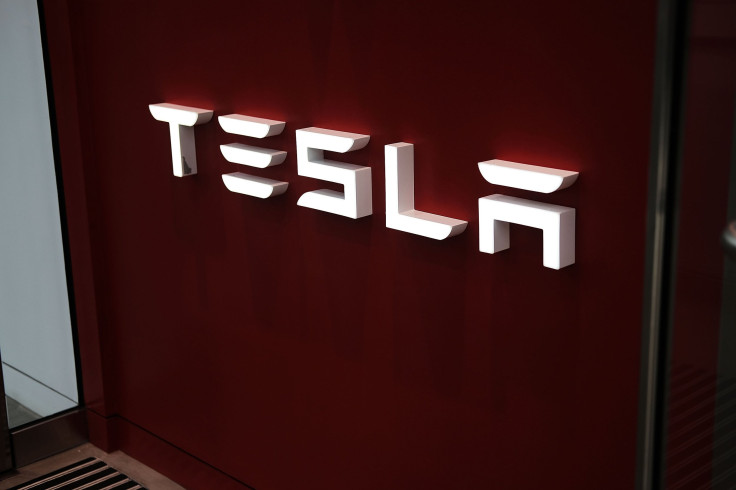Morgan Stanley Sees Tesla Shares Falling To $10 In Worst-Case Scenario

Alarm bells are now ringing more loudly over Tesla's mounting money problems and the downward spiral of its stock price since the start of the year as investors look for CEO Elon Musk to reveal his long-promised plan to get the company back on the road to growth.
Tesla's stock has plummeted by about a quarter over the past month even as Wall Street analysts continue to lower their stock-price targets and forward-looking estimates.
Wedbush Securities Inc. described Tesla’s current state as a "code red." Evercore Inc. said Tesla could justify its current valuation only with "supernatural growth." T. Rowe Price, one of Tesla’s biggest investors, sold around 81% of its holdings over the first three months of this year.
Five analysts have a “strong buy” rating on Tesla shares with another five having a “buy” rating, according to Reuters Eikon. Nine analysts have a “hold” rating with another nine having a “sell” rating. Three analysts have a “strong sell” rating.
Morgan Stanley sees the outlook for Tesla as so bleak it slashed its worst-case forecast on Tesla’s stock from $97 to just $10 on worries over the company’s debt load and concerns around waning Chinese demand for Tesla vehicles. The firm also has a bull-case forecast of $391, however.
Tesla shares are down 38% year-to-date. Tesla’s stock stood at $310 on Jan. 2 and $205 as of Tuesday.
Tesla shares fell to almost $200 Monday after Wedbush cut its price target to $230 from $275 due to the potential impact of distractions from what it derided as Musk’s “sci-fi projects” on the company’s ability to boost demand for its Model 3.
Tesla shares closed down 2.7% Monday. It ended the day at $205.36. The stock fell below $200 for the first time since December 2016 during intraday trading Monday. The stock was down 2.6% in premarket trading on Tuesday morning but recovered to end the day down 0.14% to $205.08. It opened at $197.76.
“Our revised bear case assumes Tesla misses our current Chinese volume forecast by roughly half to account for the highly volatile trade situation in the region, particularly around areas of technology, which we believe run a high and increasing risk of government/regulatory attention,” said Morgan Stanley in a note to investors.
Morgan Stanley expects the company to sell an average 165,000 units in China annually between 2020 and 2024, with $9 billion in sales every year based on a $55,000 price for each Tesla electric vehicle (EV). Its bear scenario assumes Tesla loses revenue with a plunge in margins over the next few years, resulting in lost value of $16.4 billion.
“Which on a per share basis is $87, bridging the gap between our old bear case of $97 and our new bear case of $10,” said Morgan Stanley, which kept its main price target for the stock at $230.
“We believe as Tesla’s share price declines, the likelihood of the company potentially seeking alternatives from strategic/industrial/financial partners rises. Based on our discussions with auto companies, suppliers, and technology firms, Tesla’s strategic value and technical competency in both hardware and software remains extremely high if not in a league of its own.”
Wisconsin-based U.S. financial services firm Baird also downgraded its Tesla estimates, lowering the company’s stock to $340 from $400. Baird analysts note Musk’s recent email to employees announcing a “hard core” cost-cutting effort “likely compounded investor concerns over profitability.”
Baird identified Tesla’s communication as the main driver of share weakness, saying the “fundamentals appear solid.”
Baird’s note to investors contends demand concerns are overblown and reiterated its call “shares will outperform over time as (Tesla) introduces innovative products, increases profitability, and generates free cashflow.”
© Copyright IBTimes 2024. All rights reserved.





















